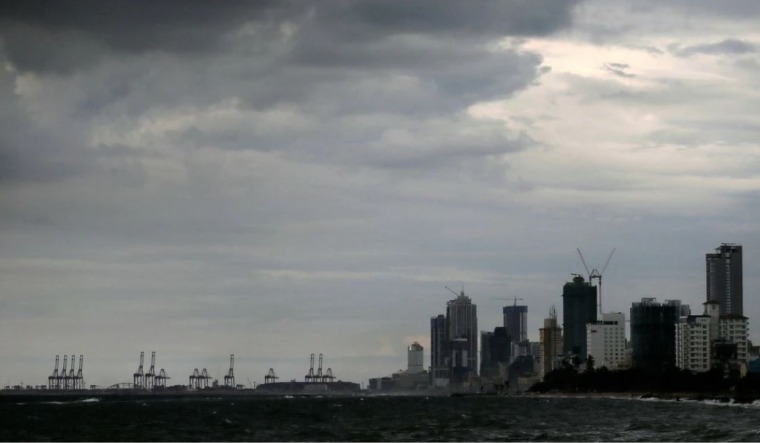The Sri Lankan government on Thursday denied that the country was facing a food shortage, underlining that the Public Security Ordinance on the supply of essential goods was imposed to stop their hoarding.
President Gotabaya Rajapaksa on August 31 issued emergency regulations to control the prices of essentials in a preventive move to stop hoarding of them.
“The president has promulgated emergency regulations under the Public Security Ordinance on the supply of essential goods”, presidential spokesman Kingsley Ratnayake told reporters.
“Certain local and foreign media are carrying out media stories that there is a food shortage in the country. There is no basis to these reports”, the government director of information said in a release on Thursday.
He added following reports that certain traders were hoarding essential commodities such as paddy, rice and sugar the clauses under the public security ordinance on essential food supplies were given effect. The aim was to seize such stocks and hand them over to state establishments for distribution at a reasonable price.
The military is overseeing the action which gives power to officials to ensure that essential items including paddy, rice and sugar are sold at government-mandated prices.
In recent weeks, the prices of most essential goods have been skyrocketing due to the falling local currency and high global market prices driven by the COVID-19 pandemic. The government blames traders for hoarding.
Sri Lanka, a net importer of food and other commodities, is witnessing a surge in COVID-19 cases and deaths which has hit tourism, one of its main foreign currency earners.
Partly as a result of the slump in tourist numbers, Sri Lanka’s economy shrank by a record 3.6 per cent last year. The country is currently under a 16-day curfew until Monday because of a jump in COVID-19 cases




